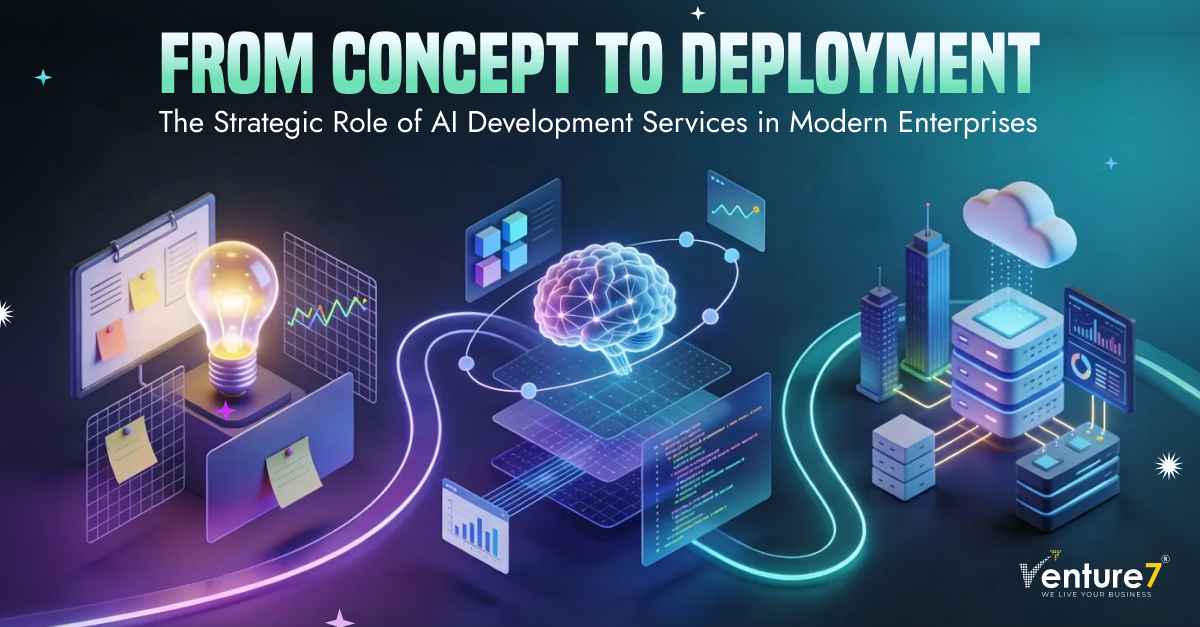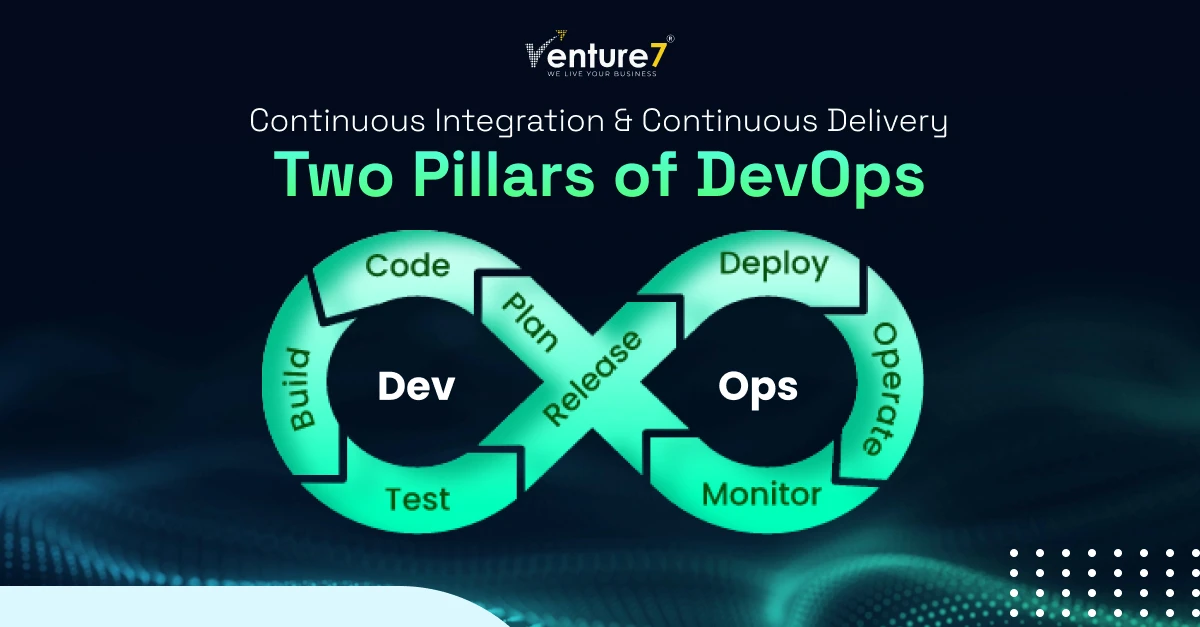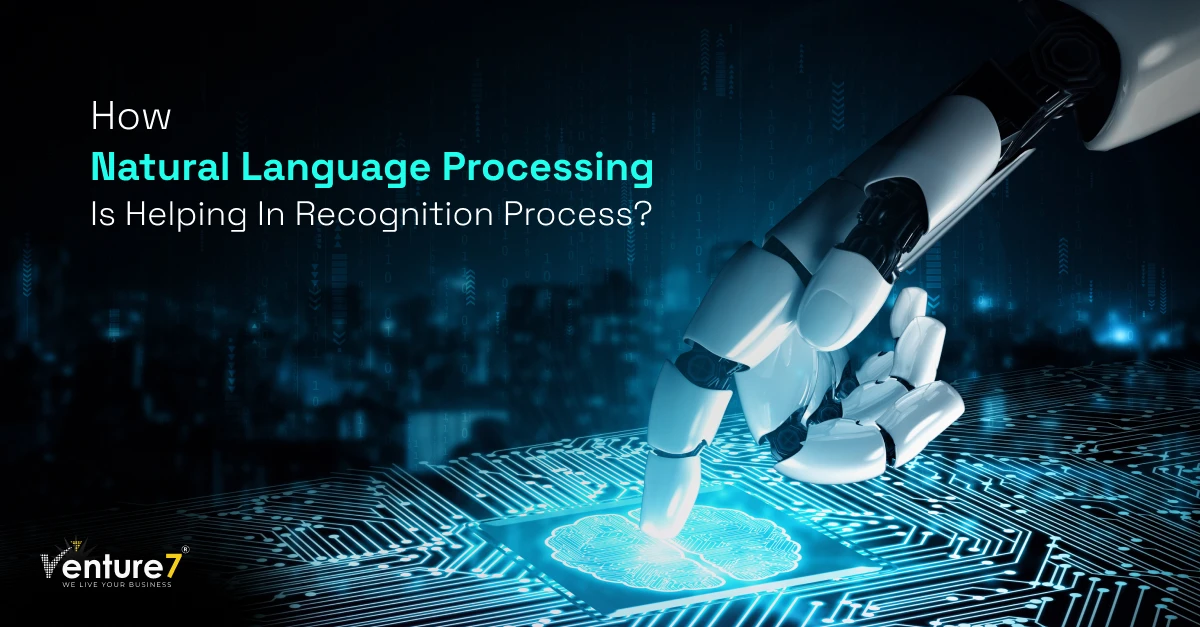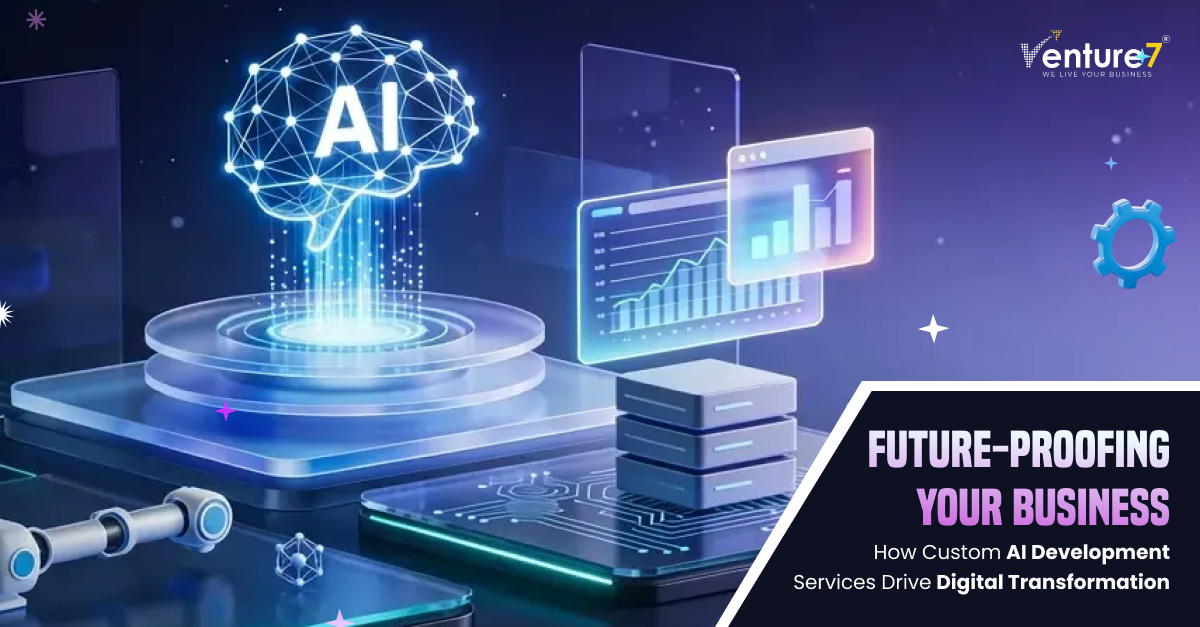RPA or AI, Which is better?
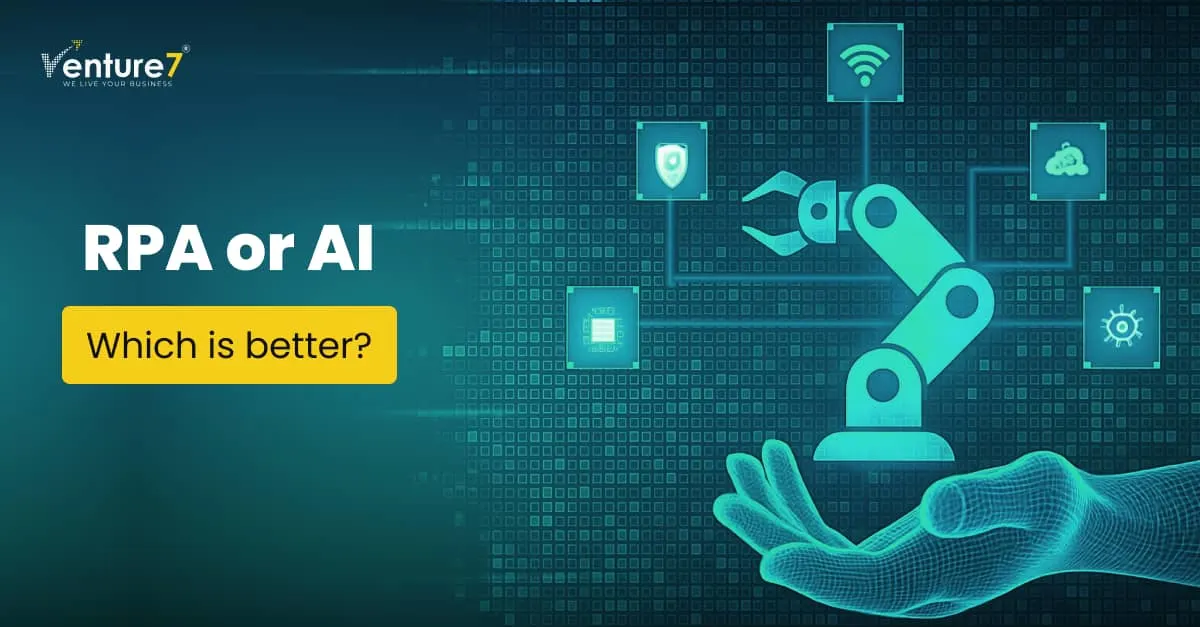
Considering the question of whether RPA or AI which is better, it’s important to understand that while both technologies involve automating tasks, they have different approaches and purposes. AI involves creating intelligent machines capable of emulating human reasoning, learning, and problem-solving. This entails employing intricate algorithms and data analysis to enable machines to learn from data and subsequently make informed decisions. AI has applications such as natural language processing, image recognition, and predictive analytics. Robotic Process Automation is like having a digital assistant at work. It uses special software robots to do tasks just like a human would. You tell these robots what to do by giving them a set of rules. They can process data, handle transactions, talk to other computer systems, and more, following your rules. The answer is situational. I mean, it depends on the situation. AI and RPA have unique benefits and limitations. Let’s examine the situations where RPA is more effective than AI. The Benefits of AI over RPA The advantages of each highlight specific attributes that one possesses while the other lacks. These attributes are like: AI is capable of handling complex tasks that require reasoning and decision-making. Some examples of such tasks include recognizing patterns, making predictions, and processing natural language. On the other hand, RPA focuses primarily on automating routine and repetitive tasks that are rule-based. Some common examples of these tasks include data entry, form filling, and invoice processing. AI utilizes large datasets and advanced algorithms to make intelligent decisions, while RPA leverages software robots to copy human actions, such as clicking buttons and entering data into fields. AI has the ability to analyze data and feedback without manual intervention, which enables it to learn and improve over time. RPA is designed to follow predetermined rules and decision trees and cannot improve on its own. Artificial Intelligence vs RPA Comparative Market Share Global market research indicates that the AI market value was USD 62.35 billion in 2020 and is projected to grow to USD 733.7 billion by 2027, with a CAGR of 40.2% during the forecast period. During the forecast period, the RPA market is expected to grow at a CAGR of 22.3%, reaching USD 7.46 billion by 2026 from USD 1.63 billion in 2018. Although the AI market is growing faster, both RPA and AI are expected to play a significant role in digital transformation and automation across industries. Artificial Intelligence vs RPA Software List When organizations are developing their automation strategy, it is important to understand that choosing between RPA and AI is not an either/or decision. You will need to apply RPA to some parts of the business and AI to other parts of the business. In recent years, organizations have gradually invested in various automation technologies, often with narrow and tactical goals, aiming for swift returns on investment. Many opted for quick-fix solutions that addressed immediate needs. However, without a cohesive strategy to orchestrate a comprehensive approach, organizations inadvertently developed isolated pockets of automation. These isolated pockets have resulted in increasingly complex automation issues, affecting both employee and customer experiences, particularly as organizations seek to expand their automation efforts. Nonetheless, process automation remains vital for organizations looking to remain competitive and successful. That’s why you require a comprehensive end-to-end process automation strategy to harness its potential fully. To be successful in your automation efforts, you need to apply the right tool to the right job.Now the question is RPA or AI, which is better?
AI Software
RPA Software
OpenCV
Blue Prism
H20.ai
NICE
IBM Watson
Kofax
TensorFlow
UiPath
PyTorch
Automation Anywhere
Keras
Blue Prism
Caffe
WorkFusion
Microsoft Cognitive Toolkit (CNTK)
Pega
EdgeVerve
RPA, AI, and your Automation Strategy

